'A Killing on the Cape': The Murder of Christa Worthington -- Episode 5
Once the jury was set, Cape Cod's trial of the century began.
— -- An encore presentation of this "20/20" report will air on Friday, Dec. 28, 2018, at 9 p.m. ET on ABC.
This is Episode 5 of "A Killing on the Cape," a six-episode ABC Radio podcast and an ABC News "20/20" documentary. Watch the two-hour "20/20" documentary HERE
For Episodes 1-4, please visit http://abcnews.com/akillingonthecape.
Subscribe and listen to the podcast on our partners and platforms: Apple Podcasts, Spotify, Google Play Music, TuneIn, Stitcher and under the "Listen" tab on the ABC News app.
Episode 5: The Verdict –
When police announced the arrest of Christopher McCowen for the 2002 murder of Christa Worthington, they worked to assure the community that their investigation, however long and controversial it was at times, had resulted in arresting the right man.
"It's a relief for the community, and now they can rest at night," former Truro Police Chief John Thomas said at the time. "It's probably another relief that it wasn't a stranger that just came in and randomly picked a house."
Worthington, a 46-year-old fashion writer and single mother, was found stabbed to death in her seaside cottage in Truro, Massachusetts, on Jan. 6, 2002, with her 2-and-a-half-year-old daughter, Ava, by her side, unharmed.
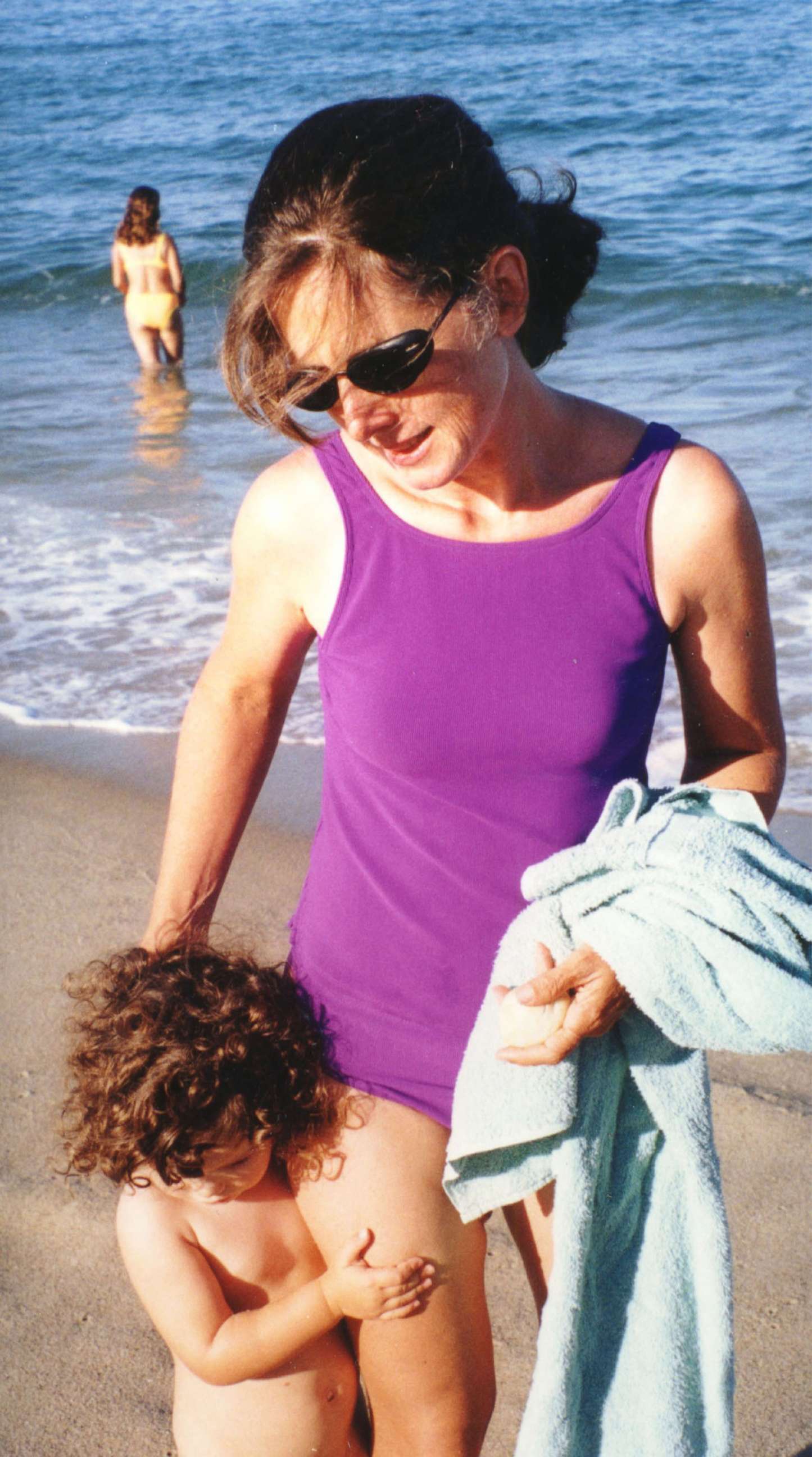
There were a number of steps in the investigation that drew criticism, but the arrest of a poorly educated black man for the murder of a wealthy white woman would rank among the top.
Worthington's home was on McCowen's trash route and investigators had matched his DNA to DNA samples found on Worthington's body. During the course of a six-hour interview with police after his arrest, which wasn't tape recorded or videotaped but summarized by an investigator in a 27-page report, McCowen gave differing accounts but at one point said he had sex with Worthington at her house on 50 Depot Road, according to the report, but he denied killing her. McCowen has always maintained he did not kill Worthington.
But Worthington's gruesome murder became the highest profile case to hit the Cape in decades at the time.
Prior to McCowen's arrest in April 2005, three years after Worthington’s death, investigators had made the controversial move of asking every man in the community to voluntarily submit a DNA sample. The DNA dragnet brought the case national attention, and by the time McCowen walked into the small, one-room courthouse of the Superior Court in Barnstable County for his murder trial in October 2006, the place was mobbed with reporters and satellite trucks.
But in addition to being McCowen charged with first-degree murder and aggravated burglary for Worthington’s death, prosecutors also added a surprising third charge: Aggravated rape.
"This case became a case, not only of murder, but rape, only when and after they had arrested a black man," said Peter Manso, who wrote the book, "Reasonable Doubt: The Fashion Writer, Cape Cod and The Trial of Chris McCowen," and worked as a consultant on this story for ABC News. Manso covered McCowen's 2006 trial and believes McCowen didn't receive a fair trial.
On Oct. 23, 2006, McCowen, then 34 years old, stood before a judge and pleaded not guilty to all three charges.
"I wasn't surprised by the armed house invasion [charge], and I wasn't surprised by the murder indictments. What I was surprised by was the rape indictment," said Bob George, who was McCowen's defense attorney during his 2006 trial.
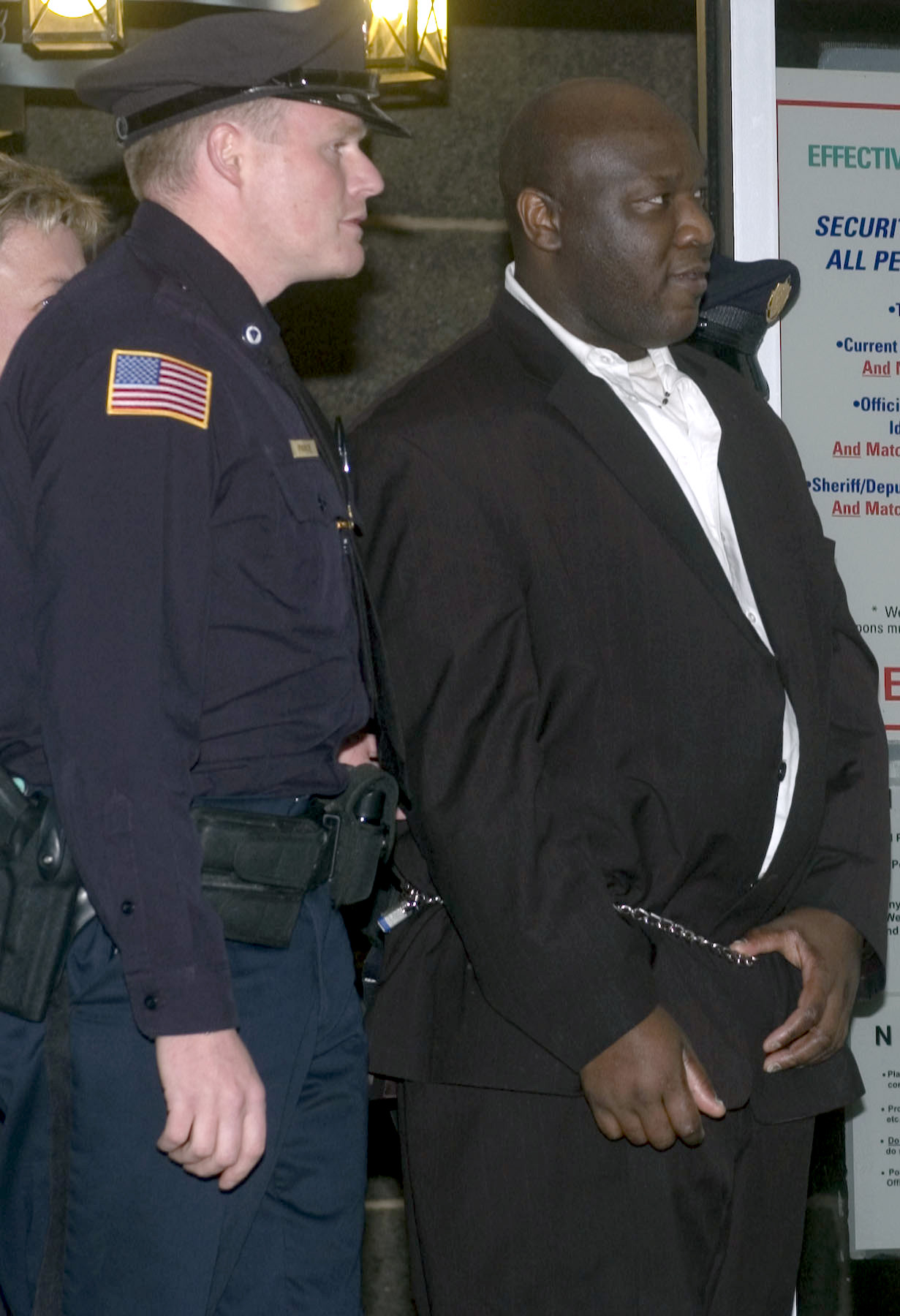
In a case like this with so many layers, from socioeconomic divides to issues of race to the media attention, George said he did his best to find a jury that could fairly judge McCowen.
"Different lawyers look for different types of juries," George told ABC News. "The type of jury I needed and the type of jury that I wanted to get was a working-class jury."
But getting that jury, George said, isn't always easy.
"You always want people who have been accused of crime on a jury so they understand the way the system works, and should work and shouldn't work," he said. "And the trouble with picking this jury was that. As much as people want to believe that Cape Cod is this gorgeous, resort-like community where everybody has money... it really is a community where people are working just as hard to try to pay the bills as anywhere else, especially the off-season crowd."
George said "self-employed people," single parents or people with any kind of criminal record are often not picked for jury duty because they are "sole supporters."
"So you lose all of those jurors," he said. "And here I am defending Chris McCowen, an African-American male from Key West, and I'm looking for people of color on the jury, or people who are working-class jurors, and I'm losing most of them because most of them cannot serve."
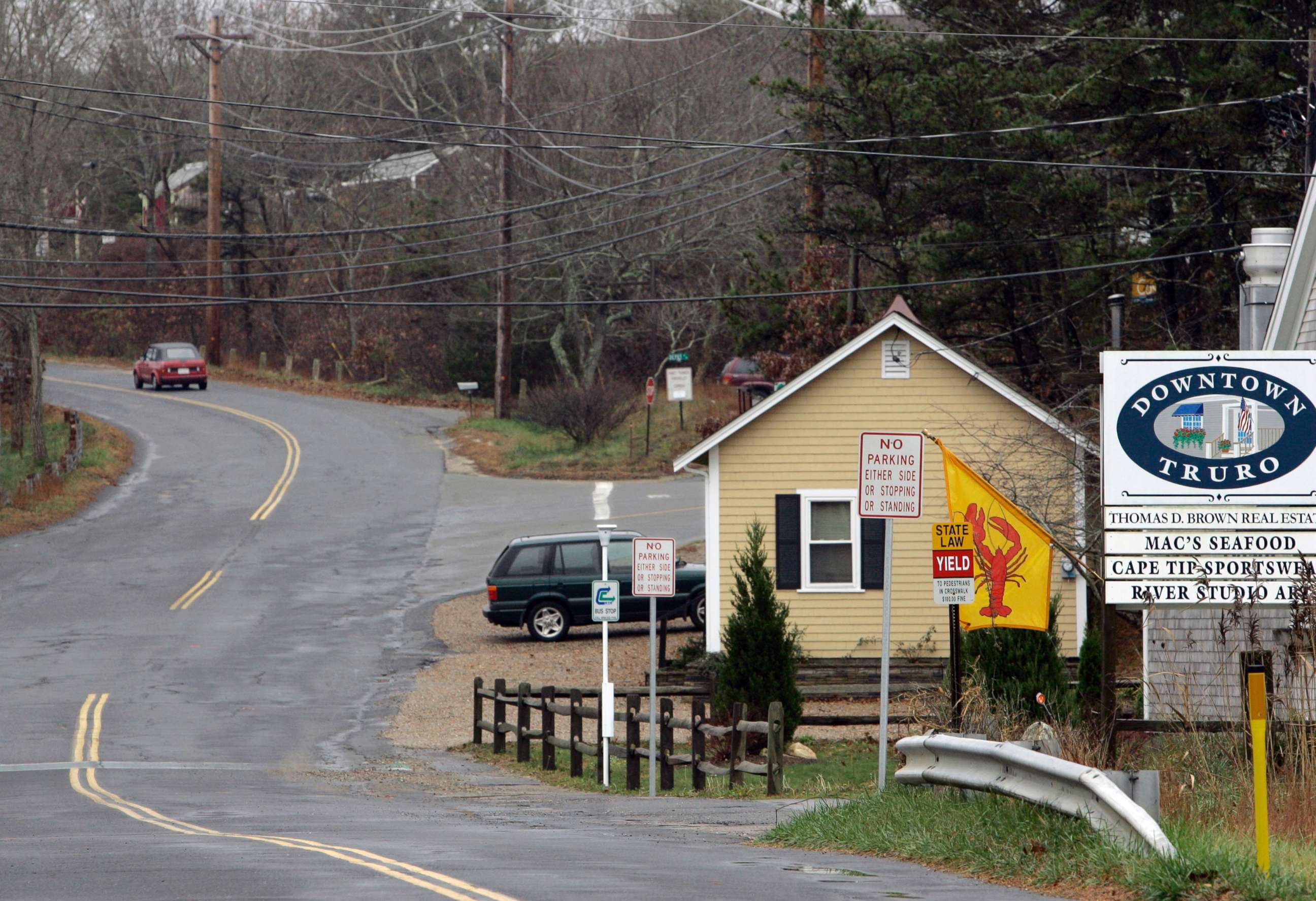
George paid particular attention to whether potential jurors had any racial prejudice, but also whether they had any thoughts about whether someone could falsely confess to a crime -- the trial ended up focusing on the reliability of the report of McCowen's interview with police on the night of his arrest.
Assistant District Attorney Robert Welsh III presented the prosecution's case.
"The Welshes, we are now in the fourth generation of Welsh family judges on Cape Cod," said author Peter Manso. "We're talking about going back to the early, what, 1900s, I guess... Rob Welsh Sr., presided over the Second District Court in Orleans. Rob Welsh, Sr.,'s father also had that same seat and originally served in Provincetown."
To prosecute the Worthington case, Manso said, was a "huge opportunity" for the third Welsh.
"From the day he got out of Georgetown Law School, which is impressive, [he] was set on becoming the fourth Judge Welsh on Cape Cod," Manso said.
Jury selection lasted two days, resulting in 12 jurors and four alternates being selected. Just two of the jurors, one man and one woman, were black, Manso said.
Once the jury was set, Cape Cod's trial of the century began.
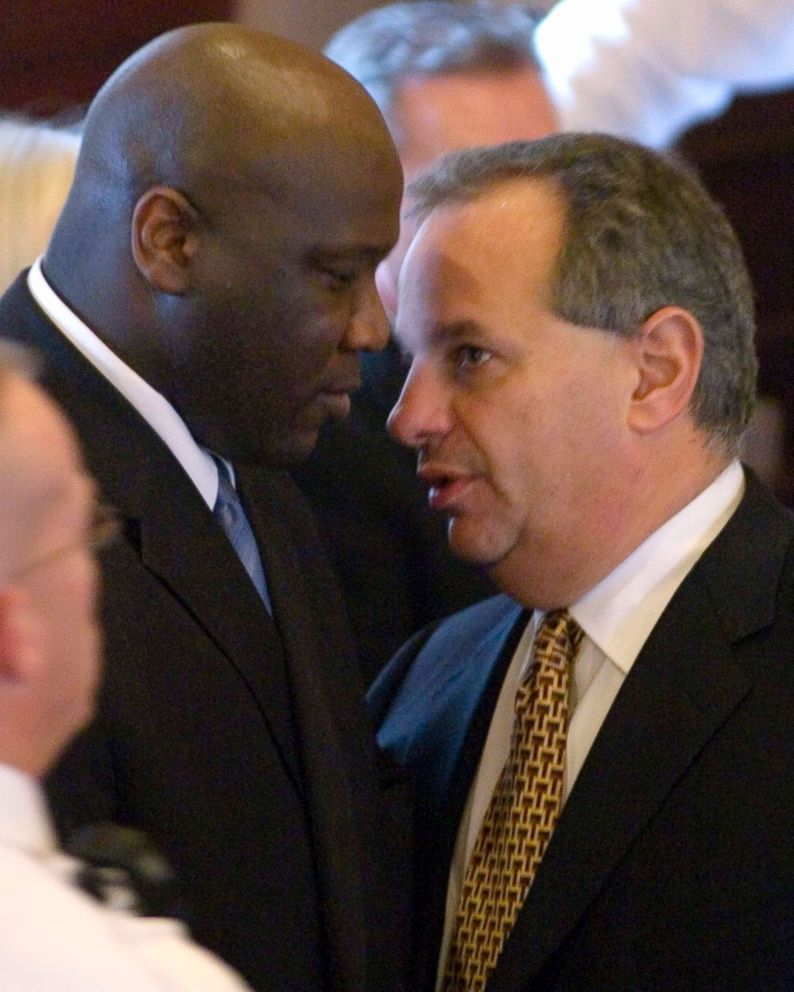
The prosecution's case hammered home three main points. First, Assistant D.A. Welsh went over the brutality of the crime scene, showing jurors photos of Worthington's body on the floor and the blood stains found inside the house.
Robert Lyon was an alternate juror for the McCowen trial and remembered the photos being "very graphic."
"They added a certain gravity to the case," Lyon said. "I think those photos helped to get the reality of the crime scene, to get the reality of a murder that was committed."
Welsh called to the stand Tim Arnold, Worthington's ex-boyfriend who found her body on Jan. 6, 2002, and called 911.
"There was blood around her head… her right leg was up, her knee was up in the air," Arnold testified. "[Her legs were] somewhat spread apart."
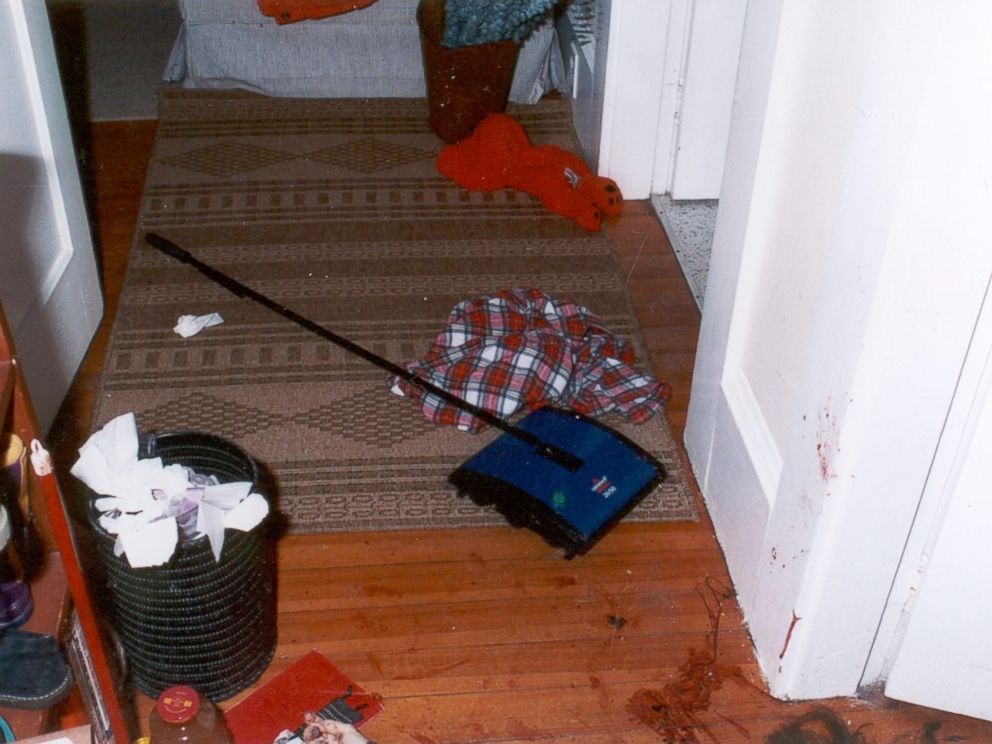
Second, the prosecution spent days going over the forensic evidence for the jury, calling to the stand both Robert Martin and Kenneth Martin, the two crime scene techs, no relation, who collected evidence at the scene, as well as the state police lieutenant who photographed the crime scene and Dr. Henry Nields, a pathologist who went on to become the state’s chief medical examiner.
Nields discussed Worthington's autopsy, recalling for the jury various injuries on her body, including the gruesome details of her stab wound. But Neilds was not the one to perform Worthington's autopsy. He was subbing in for Dr. James Weiner, who conducted the autopsy but was unable to testify due to illness. While on the stand, Nields simply read from Weiner’s notes.
Third, the prosecution moved on to forensic evidence that showed a match between McCowen's DNA and DNA found on Worthington’s body, and called to the stand Massachusetts State Police Trooper Chris Mason, the investigator who wrote the 27-page report of his and Sgt. William Burke's interview with McCowen after his arrest. Read Trooper Mason's 27-page report here.
Mason testified for more than a day, going over the six-hour interview he and Burke had with McCowen after his arrest and detailing what he wrote in his report. Mason went over McCowen's statements from his report, in which McCowen first said he didn't know Worthington, then admitted that he had sex with her, then how McCowen said he was at Worthington’s house the Friday night before she was found dead with his friend, Jeremy Frazier, whom McCowen said was going through Worthington’s things, which lead to an argument and ended with both of them beating Worthington.
"He stated, 'Jeremy lost it and I just followed suit. It was pandemonium,'" Mason testified, recalling McCowen's statements from his report.
And Mason testified that McCowen stated it was Frazier who had stabbed Worthington.
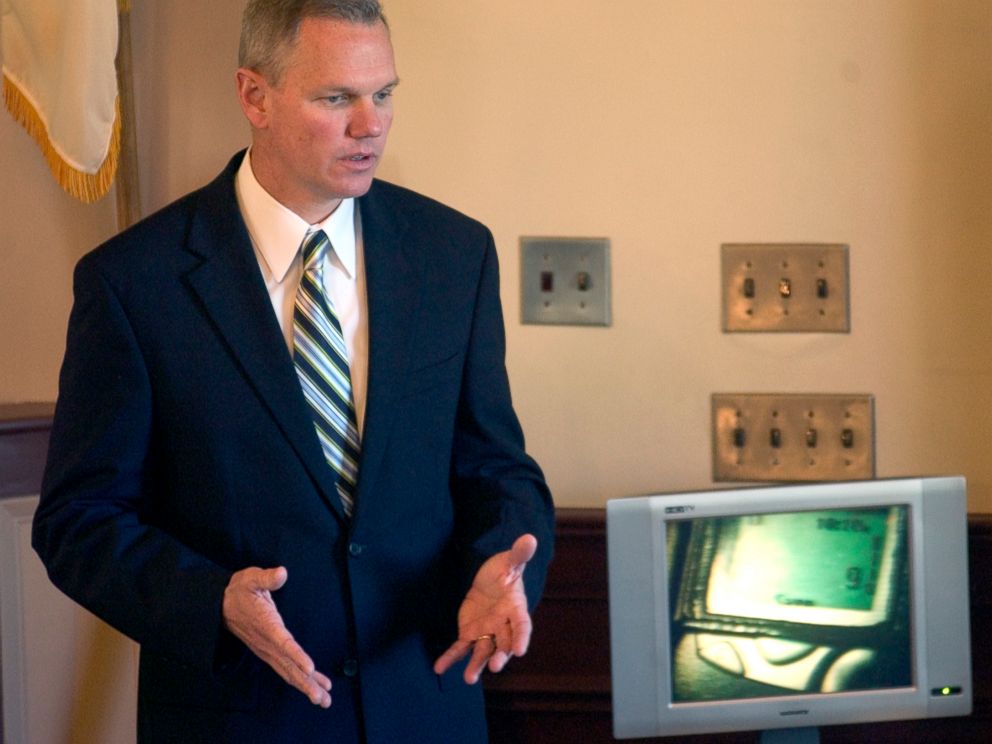
McCowen's defense attempted to not only poke holes in the prosecution's case, but also present an entirely new timeline of events to show McCowen’s innocence.
"It wasn't an easy trial," George said. "I had planned to attack the validity and reliability of the [police] statement."
Despite the fact that McCowen declined to have the interview he did with Mason and Sgt. Burke recorded, his former attorney Bob George criticized the fact that the pivotal, six-hour interview was reduced to just a 27-page summary.
"The statement is not worth the paper it's written on," George said in court, because, he argued, without a recording, there was no way of knowing exactly what was said.
Manso said, as an experienced reporter who always used a tape recorder, a six-hour interview should translate to 300 to 400 pages, not just 27.
George also argued in the court that the defense had concerns that McCowen's low intelligence meant he was telling the police what he thought he wanted them to hear. To back this up, George called Dr. Eric Brown, a forensic pathologist who had testified in more than 200 trials.
"Having an IQ of 78 and being subjected to that kind of stressful, prolonged interview... makes him [McCowen] susceptible to manipulation," Brown testified.
George also challenged whether the interview should have taken place at the time that it did, arguing that on top of McCowen's inability to understand the gravity of his situation after he was under arrest, McCowen wasn't even sober at the time. McCowen said he didn't really remember the interrogation because he was under the influence of Percocet, cocaine and marijuana at the time.
"He was completely wasted when he was taken into that police station," George argued in court.
A police report following McCowen's arrest says four burnt joints were found in McCowen's house and another police report says McCowen told officers he had taken two Percocet, an opioid pain reliever, for knee pain on the afternoon of his arrest.
All of this – the argument that McCowen wasn't smart enough to understand what was happening, that he wasn't sober at the time of the six-hour police interview and that the interview wasn't recorded – was what George hoped would plant seeds of doubt in the jurors’ minds about McCowen's statements to police.
"I thought that the investigation had been shaky," George told ABC News. "I thought that McCowen's mental and emotional condition lent itself to false confession."
Attacking McCowen's statement to police was key for his defense since during that interview, McCowen had placed himself at Worthington's house around the time the prosecution said Worthington was killed.
The prosecution argued that Worthington had been killed roughly 24 to 36 hours before she was found at 4:30 p.m. on Sunday, Jan. 6, 2002, by Tim Arnold. The prosecution then coupled that with McCowen's statement to police. The report from that interview said McCowen told police he arrived at Worthington’s house approximately 39 hours before her body was discovered, putting McCowen at Worthington's home very near the estimated time of her death.
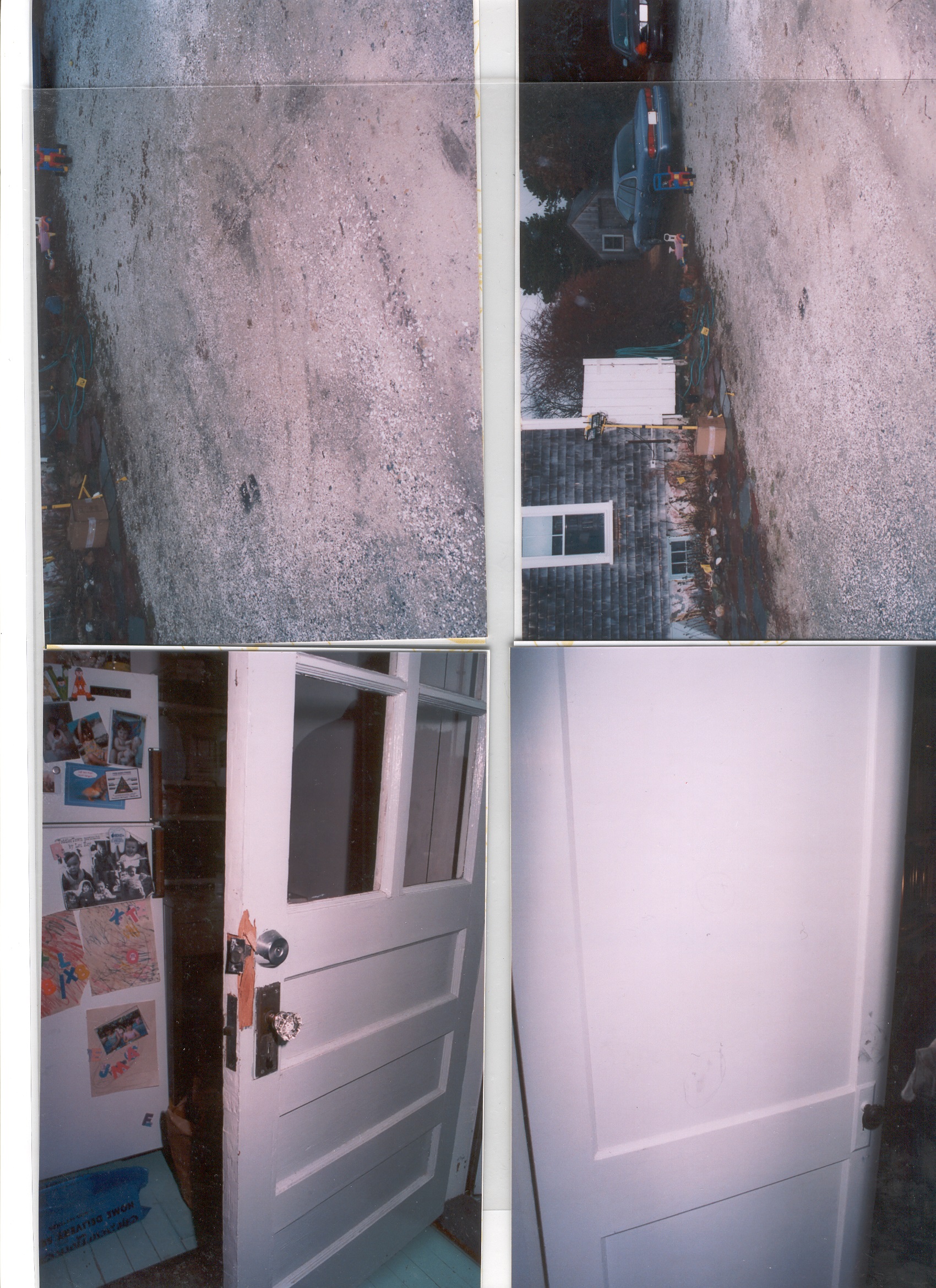
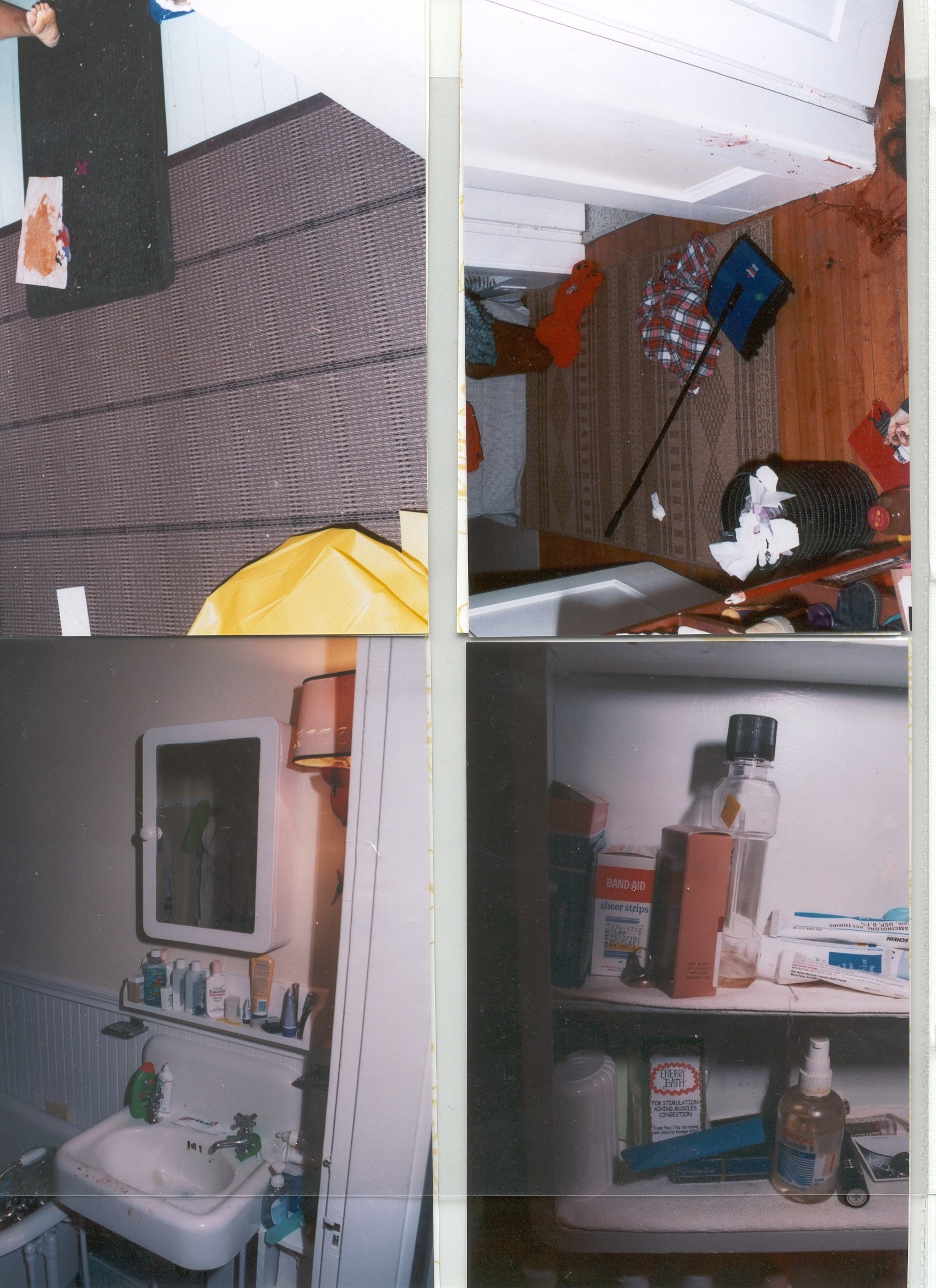
But George raised questions about how accurate that timeline was.
"I also thought that the time of death in the case was completely off the mark," he told ABC News. "Now, if the time of death in the case is off the mark, then McCowen doesn't need an alibi because he would be somewhere else at the time the crime is allegedly occurring, simply by the way the evidence was going to come in."
George pressed Dr. Neilds, the pathologist who subbed in to review the autopsy report, about exactly when rigor mortis set in and what that said about Worthington's time of death, arguing that because Worthington hadn't been in full rigor, she couldn't have died earlier than 8 a.m. on Saturday, Jan. 5, 2002.
Much of this forensic back-and-forth over the phases of rigor mortis, lividity, effects of temperature, and so on was very complicated and open to interpretation.
"It can be hard to fix the time of death because there are so many elements that will go into it, the weather conditions, the temperature, so no one can say really for sure," said Beth Karas, an attorney and former Court TV correspondent who covered McCowen's trial. "Sometimes there can be certain changes on the body that means it was within 24 hours. Here, Bob George says she wasn't killed Friday night the way McCowen describes, but it's really hard to determine."
To further his scrutiny of the timeline, George presented a whole new scenario at trial, and one that he believed was largely ignored during the police investigation.
For one, George called Girard Smith, a Truro resident, to the stand. Smith said back in 2002, he would regularly go for walks in the neighborhood where Worthington lived. He said on Saturday, Jan. 5, 2002, around 12pm, one day before Worthington's body was discovered, he was walking down Depot Road when something caught his attention.
"I could hear a car going at a very fast rate of speed because of the sand that it kicked up under the car," Smith told ABC News. "I turned to see who was driving that car at such a fast rate, and the car came out... took a right turn and didn't stop."
"The driveway, as it turned out, was Christa Worthington's driveway," he added.
At trial, Smith testified that this happened around 1pm, not noon, but he said he was standing about 15 feet from a dark-colored car that bolted out of Worthington's driveway and sped off.
"I think that the vehicle was large, and it was dark and... I didn't pay attention to it, I just kept looking at the person," he said.
And that person, he said, did not look like Chris McCowen. At trial, Smith testified that the driver of the car he saw was a man, "Caucasian... a little dark, but he was not black," and Smith said this person had "an oval face" and "brown hair."
About a week and a half later, Smith talked with then-Truro Police Chief John Thomas about what he saw that day. He then spoke with Trooper Mason three days later, on Jan. 19, 2002.
The information in the police report of Smith's statements is largely consistent with what Smith testified to in court, though Mason had written that Smith said it was closer to 2 p.m. when he saw the vehicle. Smith said the police later showed him photos of cars, but he insisted that they should have been showing him photos of potential drivers.
"They kept saying, 'Well, what did the car look like?' And I kept saying, 'I didn't look at the car, I looked at the person driving it,'" Smith said. "They had their own way and that was it. I guess they just didn't believe me or something like that."
McCowen's former attorney Bob George said investigators disregarded Smith's testimony because "he wasn't telling them something they wanted to hear."
"Because it's impossible to turn away from evidence like that when you have someone coming from the crime scene at a high rate of speed," George said. "Smith is not some homeless junkie lying in the street who is imagining things because he's out of his mind. This is someone who testified clearly at trial as to what he had seen."
Either way, if Smith's story was to be believed, then the scenario was troubling.
"The thing that bothered me was obviously later, the individual had seen the carnage, had left this baby with her mother, in this blood, and everything," Smith said. "That's the thing that bothered me more than anything else."
In addition to his challenges with the state's timeline, George also focused on the autopsy report, narrowing in on the fact that despite all the injuries Worthington suffered, the autopsy report did not specify that there had been a sexual assault.
"There is no evidence of any violent sexual contact with the victim in this case in the form of injury, is there?" George asked Nields on the stand.
"There is no report of injury, right, that's correct," Nields responded.
The medical examiner's report doesn't mention that Worthington was raped and there is nothing to suggest that her body was violently sexually assaulted, said former FBI profiler and ABC News consultant Brad Garrett.
"But the police and prosecutors make a presumption that if you find somebody that's nude... from the waist down, there's been a murder, and there's signs of DNA in or around her, that a sexual assault occurred, and that with this type of murder, that is not consensual, so that's how they get to rape," Garrett said.
So in challenging the prosecution's argument that a sexual assault had occurred, George proposed a new scenario to the jury: McCowen had never been in Worthington's house overnight Friday into Saturday, as the police report of his interview says, but instead that McCowen had gotten his days mixed up, and he was at Worthington's house on Thursday, and that's when he had sex with her.
In McCowen's statement to police, he mentioned having a conversation with Worthington about getting rid of her Christmas tree. Trooper Mason also corroborated these statement when he testified on the stand. Mason's report also says McCowen told him he had a conversation with Worthington about her Christmas tree on the same night that McCowen said he and Frazier went up to Worthington's house and that's when he had sex with her and claims Frazier killed Worthington.

But George would argue, McCowen got his days wrong.
"Chris McCowen's version of his relationship with Christa Worthington was that of one-time event with a customer on his route that previous Thursday," George said. "That's what he described to me."
McCowen trash route would take him by Worthington's house on Thursdays. So George said that it was on the Thursday before she was found dead that she invited McCowen into her house to look at her Christmas tree and that's when they had sex. To back this up, George pointed to a call he said was placed by McCowen from inside Worthington’s house that Thursday, and the forensic evidence.
Don Horton, who was McCowen's boss at Cape Cod Disposal, said he got a call from McCowen one day while McCowen was on his route, and said McCowen told him he was at Worthington’s house and wanted to know about how to dispose of her Christmas tree.
Horton said he couldn't be sure of the day, but it was one of Worthington's regular pick-up days, which was on Thursdays.
"He [McCowen] called me and he asked, he says, 'She has a Christmas tree, what should I do? Should I take it?'" Horton said. "Chris was in the wrong truck because I had little rubbish trucks and I told him, I said, 'We will get it on Monday when we go into Provincetown to do the recycling. We'll just stop there on the way back is she wants us to and pick it up then.'"
In addition to McCowen's claim that he was at Worthington's on Thursday and his former attorney Bob George says Horton backed up that statement, George also pointed out that McCowen's fingerprints were never found at the crime scene and while investigators found hairs, they never found any that were consistent with belonging to an African-American. The only DNA evidence tying McCowen to the scene was the DNA found on Worthington's body. But George said the sperm sample police collected was so degraded that it could have been there for days before Worthington's death.
"There were no fingerprints, there were no footprints, there was nothing in the house that indicted Chris McCowen was there, other than the seminal fluid," George said.
All of this served as an attempt to create a bigger valley between when McCowen had sex with Worthington and when she died.
As part of his defense, McCowen's former attorney also offered alternative theories of who may have committed the murder, including Jeremy Frazier, the man who McCowen blamed for the murder in his statement to police, who ended up testifying on behalf of the prosecution at McCowen's trial.
"In all the trials I have covered... I don't remember a prosecution witness ever sending up red flags like Jeremy Frazier did," said Amalia Berreda, a former reporter for ABC’s Boston affiliate WCVB who covered McCowen's trial. "Jeremy Frazier's testimony was like an early Christmas present for the defense."
Frazier testified he was at The Juice Bar with his friend Shawn Mulvey and McCowen for a rap contest on the Friday before Worthington's body was found. Just like in his interview with police, Frazier said they left the bar and went to a party, where a fight broke out and everyone was kicked out. Frazier said he and Mulvey then went to Mulvey's father’s house and were there the rest of the night. Frazier said he didn't know what happened to McCowen.
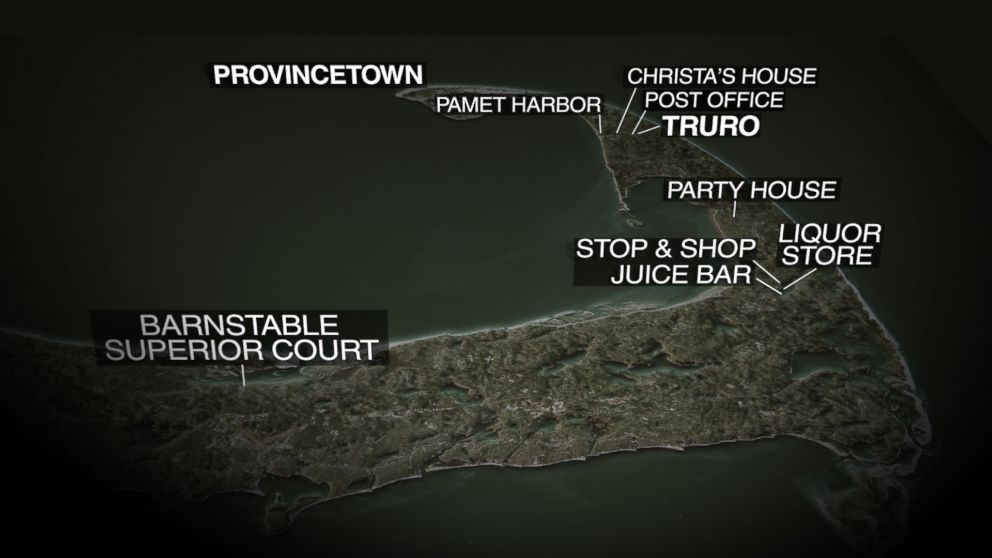
But under cross examination from George, Frazier made a startling admission – Frazier testified at McCowen's trial that he didn't remember where he had gone after leaving The Juice Bar "until they fed me pieces of information [about] where I was that night," Frazier testified.
When George asked him who had been feeding him pieces of information, Frazier responded with, "the state police."
Frazier said under oath that the police helped refresh his memory about where he was that night, but he denied ever going to Worthington's house or having anything to do with her death. His friend Mulvey backed up Frazier’s story that he was with him all night.
"Jeremy was probably the most intoxicated out of everybody," Mulvey testified at McCowen's trial. "So I told him to come with me."
Police believe McCowen went over to Worthington's house by himself. But McCowen's former attorney Bob George questioned Mulvey at trial about his story, asking if he was so sure Frazier was with him all night, why didn’t he initially back up Frazier’s alibi when police first talked to him.
Mulvey had initially told police he didn’t remember anything from that night, and George asked him at trial, "So was that a lie?"
"In the first statement, yes," Mulvey said, saying he had told police that because he had been acting on his father's advice to not get involved.
Mulvey now lives in Florida but declined ABC News' requests for an interview or comment on this story.
The jury was instructed to only weigh the evidence outlined in the case, but some saw the case as a broader challenge about assumptions and prejudice.
"As soon as they see the black garbage man, it's rape, because [the prosecution argues] this woman would never have had sex with a garbage man unless it's rape," George told the court during trial.
The prosecution maintains to this day that the evidence against McCowen, and him alone, was "overwhelming," and that it didn't matter that McCowen was black.
"Mr. George has tried to play the race card during this trial and said that the police couldn't accept the idea of consensual sex between a black garbage man and Christa Worthington," Assistant D.A. Robert Welsh said during closing arguments. "And I would suggest to you this defendant would be facing the same evidence and the same trial if he were white."
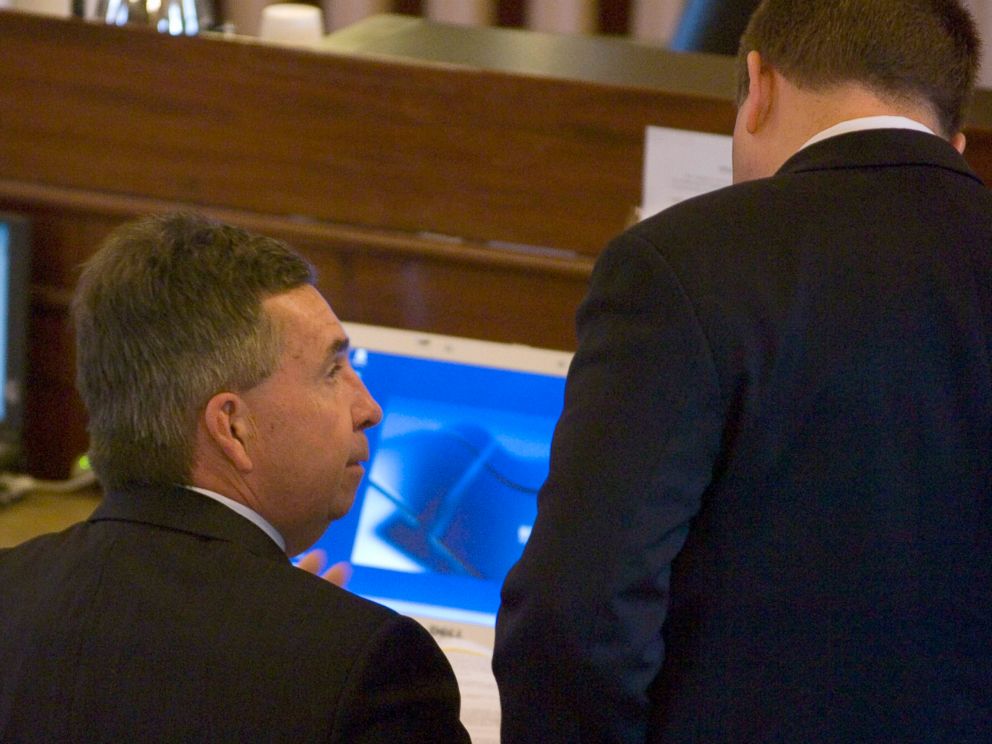
Sixteen days after the start of the trial, the jury was given the case.
"We really didn’t have a sense of how long this was going to take, but it took longer than I thought it would," Barreda said.
In the end, the jury deliberated for eight days – and one juror was dismissed over phone calls she made to her boyfriend talking about the case before the verdict came in.
When it was announced that the jury had reached a verdict, Barreda said everyone "stampeded" to the courtroom and waited. Then it was announced.
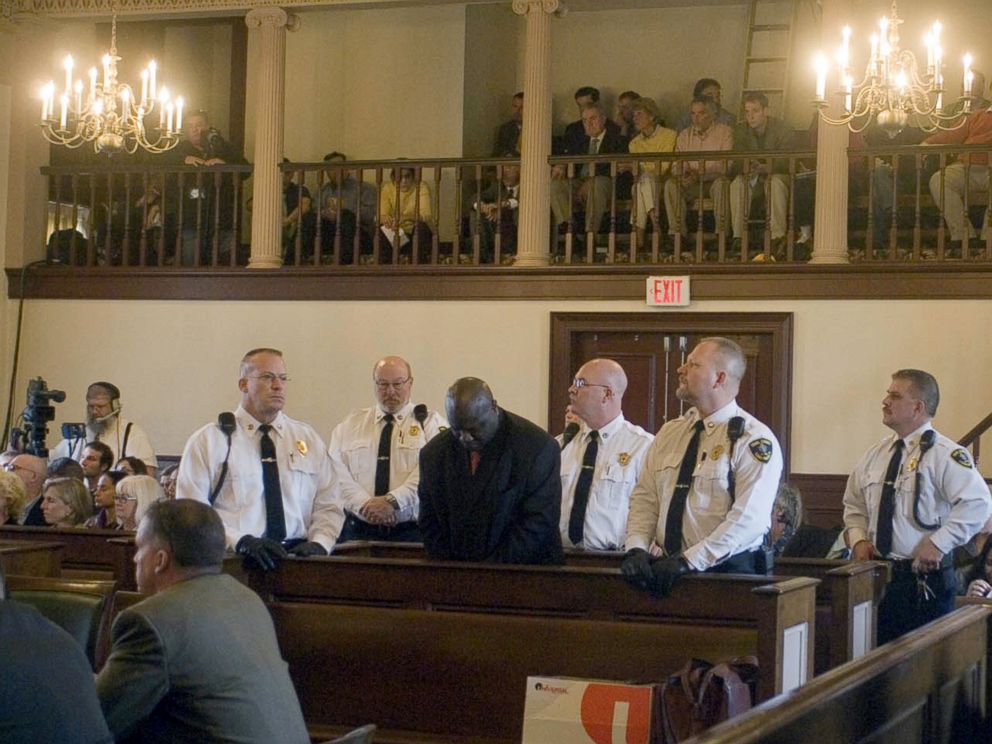
On Nov. 16, 2006, Chris McCowen was found guilty on all three counts of first-degree murder, rape and aggravated burglary.
"I went into closing argument believing I had, at the very least, a case of reasonable doubt," his former attorney Bob George told ABC News. "After the verdict was delivered, McCowen, of course, was devastated and he started to cry."
McCowen never testified at his trial, but at his sentencing, the court heard from him for the first time when he read a statement. McCowen said in his statement that he felt sorry for the Worthington family, for what had happened to Worthington and her daughter, "but all this time I've been innocent."
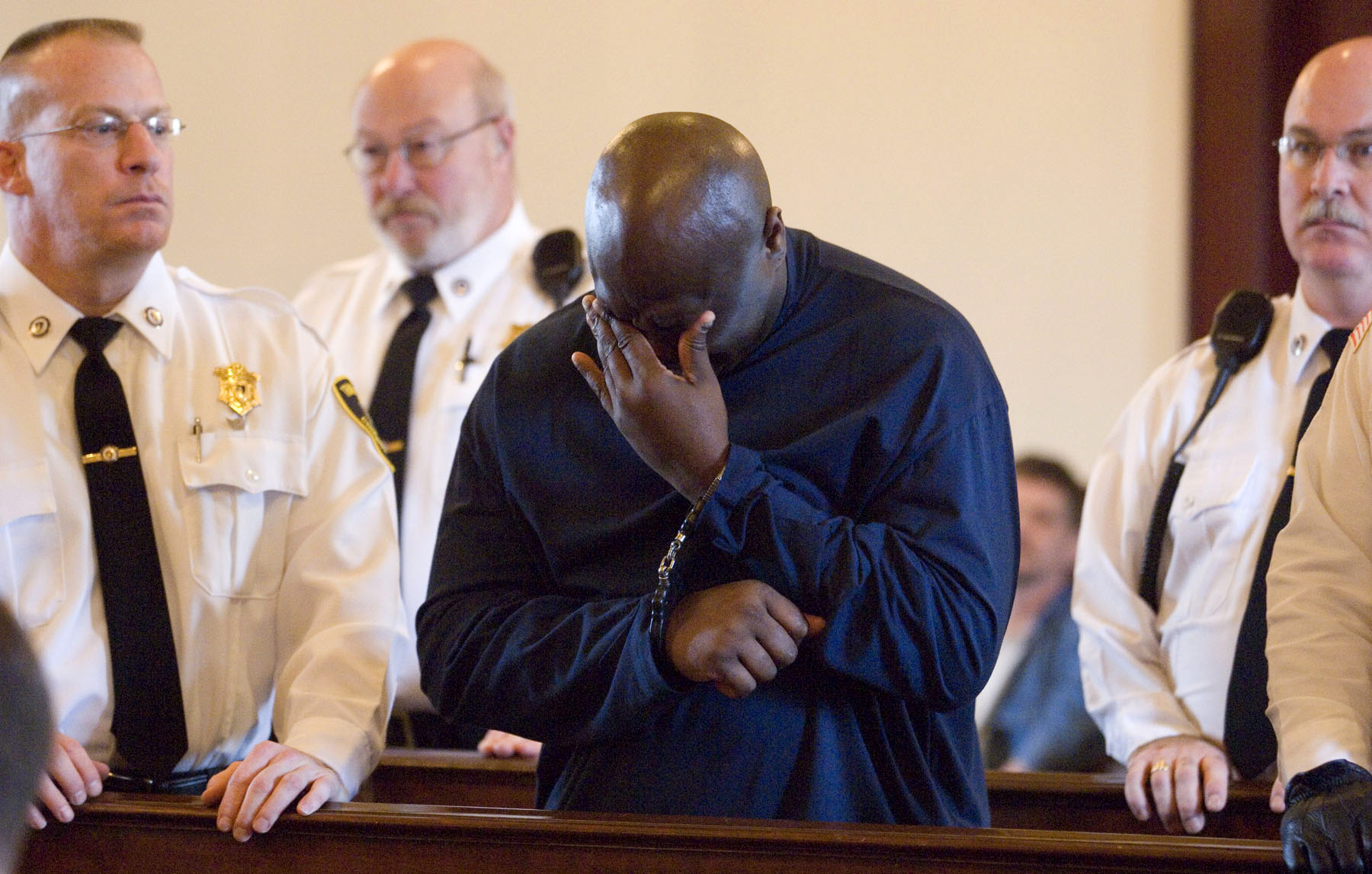
A statement was also read on behalf of Amyra Chase, Worthington's friend who won custody of Worthington's daughter Ava after her death.
"I know I will, throughout Ava's life, witness over and over again that Christa was robbed of the privilege and delight of raising her daughter," the statement said."But today I know that Ava will be an even stronger person, firm in the knowledge of all of those who supported her mother, Christa."
McCowen was given three life sentences, one for each of the charges he was convicted on, without the possibility of parole.
"In Massachusetts, unlike other states, conviction on first-degree murder is life without parole. You die in prison," George said.
But just a day after McCowen's guilty verdict, George received a call from one of the jurors, who voiced concerns about the deliberation process. Over the next few days, two more jurors also came forward with similar complaints.
"Three particular jurors that contacted me... believed that there was racial bias... in the jury deliberations," George said. "I immediately filed a motion to set aside a verdict as a result of racial bias in the jury room."
The three jurors signed affidavits, which included allegations that racist comments were made during deliberations, that some jurors had already made up their minds on McCowen's guilt before deliberations began.
One of the jurors who signed an affidavit was the sole black female on the panel. Author and consultant Peter Manso recorded an interview with that juror, whose identity we are not revealing, for his 2011 book, "Reasonable Doubt."
"I would say the first day, as soon as we get in there, the first thing I say... just to see how everybody's thinking, my words to them was, 'So guys,' I say, 'Let's just see where we stand here.’ I said, ‘Who all thinks this man is guilty,’” the juror said to Manso. "And so I get some hands raised, like probably five, six... and then I said, 'Now who thinks not guilty?' Like probably two."
The juror said a couple of people didn't raise their hands at all, but she said she told them, "We haven't even begun to deliberate and you people already think this man is guilty."
At one point, the juror said that another female juror stood up and "screamed at the top of her lungs, 'Yes, if this big, black man beat this lady the way they said, she would have these same marks.' I said, 'What the hell does black got to do with it?'"
Other jurors, like Robert Lyon said race didn’t play a role in their decision.
"Race did not play a part at all in deciding his guilt," he said. "It had no effect on the verdict."
For Lyon, McCowen's differing accounts of what happened and the DNA match were crucial.
"The DNA put Christopher McCowen at the crime scene," Lyon said. "It put an approximate time he was there at the crime scene. There's no altering that."
To sort whether racial bias played a role in the jury's verdict, Barnstable Superior Court Judge Gary Nickerson, the same judge who oversaw the trial, made a rare move and held a post-trial hearing to look back at how the jury reached their verdict.
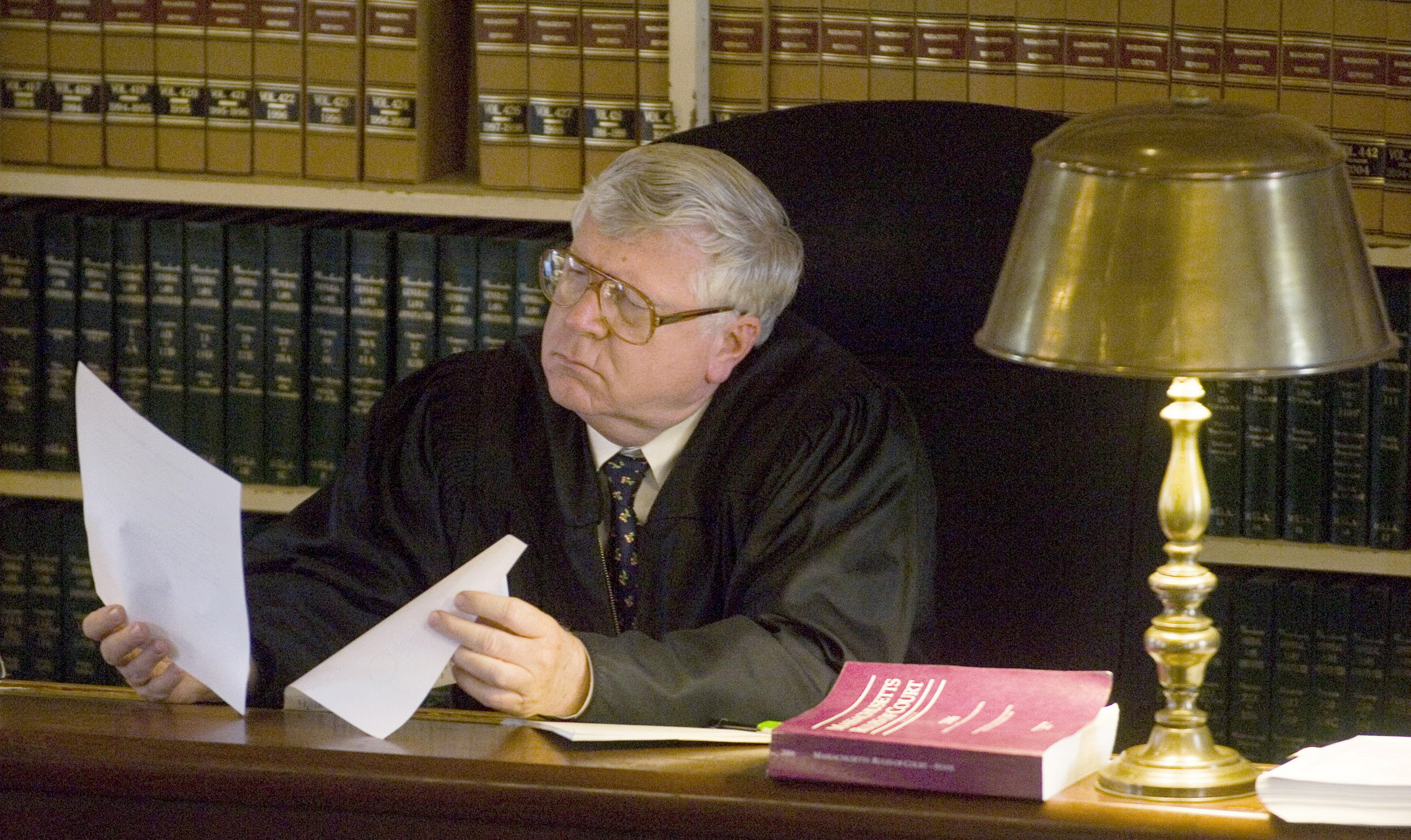
Each of the jurors were called in to testify about their deliberation process. George said it took about four or five days of hearings to get through every juror, and then a couple of months later, in early 2007, Judge Nickerson announced his decision that no racial bias had been found. George's motion to throw out the verdict was denied.
"[Then] it went up as part of the appeal, and it was denied on appeal," George said.
Lyon said he still hasn't changed his opinion of the verdict.
"Christopher McCowen is the man who committed the murder, there is absolutely no evidence that anyone else did it," Lyon said. "I still believe as strongly as I did then that he was the man who committed the crime."
But for the juror who spoke with Manso, she said the experience changed her forever.
"For me to come in here, to be so naïve to think these are some nice people during the trial, and day one, I start to see true colors," she told him. 'I didn’t think racism still existed this way. I never thought I would personally experience this."
In fact, her experience of being on this jury was so upsetting, Manso said this juror moved her family away from the Cape. She declined ABC News' requests for comment or an interview.
Since his 2006 conviction, McCowen has had one appeal and three motions for a new trial denied. Now, armed with a new defense attorney, McCowen is hoping to get new evidence that could warrant a new trial and overturn his conviction.
"There were a number of items that were not tested, but one of them was fibers," said McCowen's current defense attorney Gary Pelletier. "Those need to be tested."
And for the first time, McCowen is ready for his side of the story to be heard.
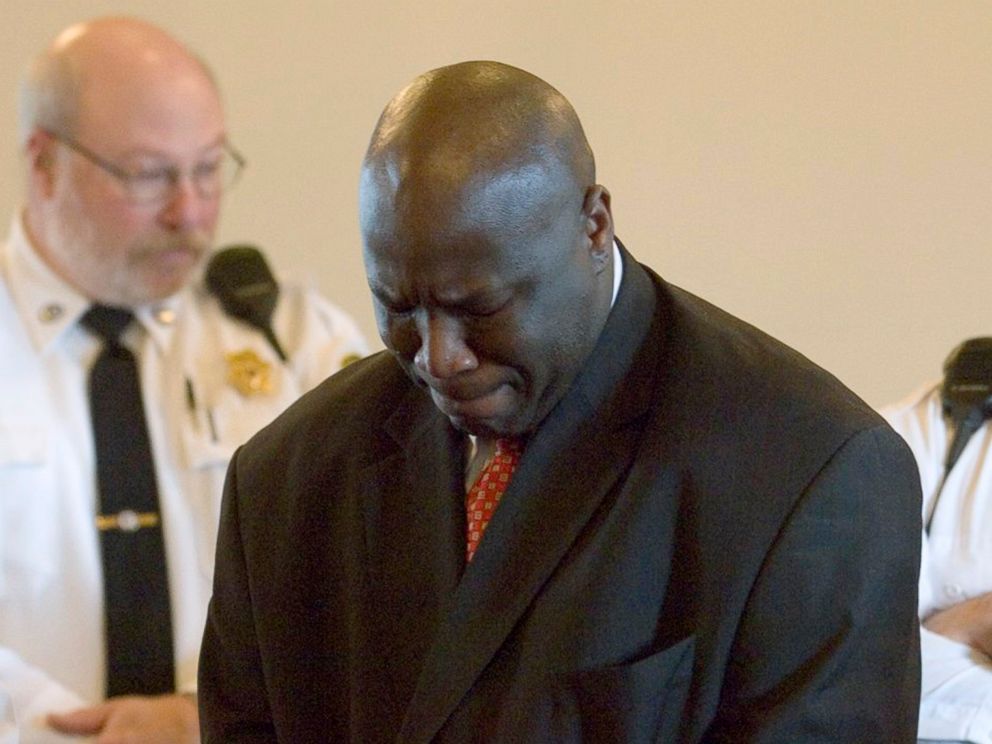
This article is part of an investigative series by "20/20" and ABC Radio looking into the murder of Christa Worthington and the trial and conviction of Christopher McCowen. Watch the two-hour "20/20" documentary, "A Killing on the Cape," HERE and the six-part podcast can be heard on Apple Podcasts, Spotify, Google Play Music, TuneIn, Stitcher and under the "Listen" tab on the ABC News app.




